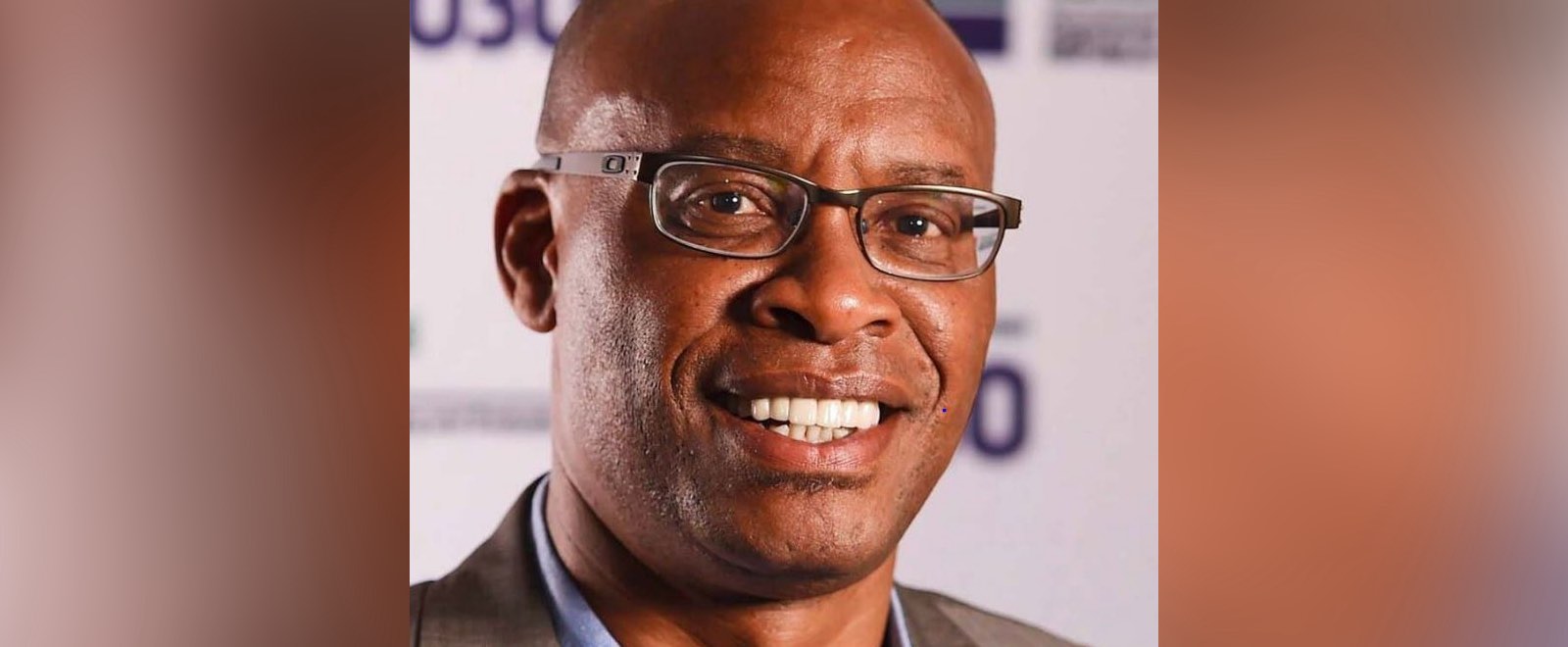Top South African officials push back against Elon Musk
Caption:
Tshediso Matona, Commissioner of B-BBEE Commission.
📷 SUPPLIED
Tshediso Matona, the man who played a key role in negotiating free trade deals that reintegrated post-apartheid South Africa into the global economy, says Elon Musk is welcomed to invest in South Africa, but he must be prepared to comply with laws that seek to address the country’s race-based economic inequality.
“But if he (Musk) has a problem with our laws which are designed to achieve equity that reflects South Africa’s demographics, then he must not come here. He has a choice to pursue investments elsewhere,” said Matona, head of the state-owned agency B-BBEE Commission.
“There is no country in the world where you invest on your own terms or impose your own standards regardless of that country’s policies. If we can’t apply our own policies to advance our constitution’s objectives, this will mean that we are being re-colonised,” added Matona.
Matona is the second senior government official to express this sentiment after Vincent Magwenya, President Cyril Ramaphosa’s spokesperson, also made it categorically clear that South Africa will not further pursue investments from Musk’s companies.
“If a leading business figure like Elon Musk harbours the kind of unproggressive, racist views that we’ve witnessed and the peddling of lies that we’ve been confronted with, then we’re not going to pursue having his investments,” Magwenya was quoted by Bloomberg News as having said.
The push-back by the two senior government officials against Musk comes in the wake of heightened tensions between the government and the U.S. businessman over his objection to broad-based black economic empowerment (B-BBEE) laws which require companies operating in South Africa to sell equity to black people.
Musk’s company SpaceX has been in talks with the government about expanding its Starlink’s satelllite internet service to South Africa, but the U.S. multinational is unwilling to sell 30% of Starlink’s local business to black investors, arguing that its global policies prohibit it from offering shareholding in host countries.
The company, whose subsidiary Starlink has presence in over 100 countries, has cited B-BBEE laws as a significant barrier to entering the local market. Musk, who was born in South Africa and has reportedly amassed personal fortune worth more than $400bn, recently criticised B-BBEE, even going as far as taking to his social media platform X ( formerly Twitter) to accuse the government of having “openly racist ownership laws”.
The attack by the world’s richest man on B-BBEE came a few days before representatives of SpaceX failed to appear for a scheduled presentation on 5 February, 2025 at regulatory hearings organised by the Independent Communications Authority of South Africa (ICASA).
It later emerged that SpaceX had formally notified ICASA that it would not make the oral presentation at the hearings. The hearings were hosted by the telecoms regulator to get input from industry stakeholders regarding its proposed satellite services licensing framework. Once adopted, the framework will establish a registration process for international satellite operators looking to provide their services in South Africa, either directly or through local partners.
Matona said if SpaceX was not willing to sell 30% of Starlink’s local operations to black investors, it could opt to do equity equivalents transactions, which enable multinationals to comply with the ownership element of B-BBEE scorecard without doing traditional sale of shares to black South Africans.
The B-BBEE legislation has a provision for the recognition of financial contributions in lieu of direct sale of equity. These contributions are referred to as equity equivalents (EE) and are equivalent to the 25% of the value of a multinational’s South African businesses or 4% of the annual total revenue from its local operations.
“If you cannot offer equity to locals, we have a dispensation called equity equivalents. Many multinationals from all over the world including American companies like Citi Bank and Microsoft have done equity equivalents. We are willing to guide and assist him to comply with the B-BBEE legislation,” said Matona.
He urged Musk to refrain from using his status as the world’s wealthiest man to “ride roughshod” over regulatory regimes of sovereign independent countries.
“Being the richest man in the world comes with enormous power, which he must use constructively and positively. Our laws and regulations do not make allowance for the deployment of such power or muscling your way over our regulatory regime. We are a country that is governed by laws,” Matona said.
Matona is a former chief negotiator who led South African delegations that concluded free trade agreements with the European Union (EU) and Southern African Development Community (SADC), and as well as bilateral trade deals with Brazil and India.
He also negotiated the inclusion of South Africa in the African Growth and Opportunity Act (AGOA) -- which provides eligible sub-Saharan African countries with duty-free access to the U.S. market for over 1,800 products. The AGOA-eligible goods are in addition to the more than 5,000 products that are eligible for duty-free access under the Generalised System of Preferences programme.
It is partly thanks to Matona’s efforts that post-apartheid South Africa is an open economy with about 70% of its gross domestic product (GDP) linked to trade.


